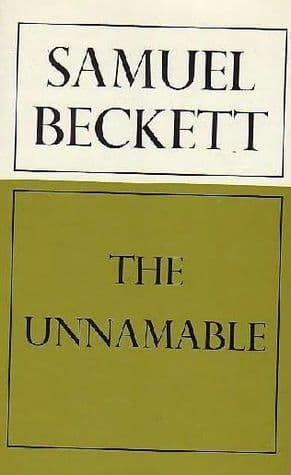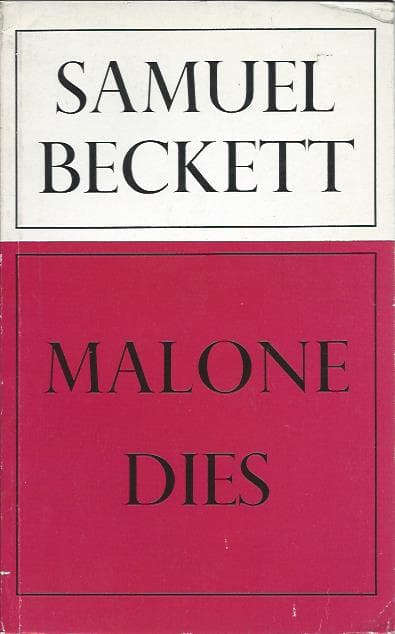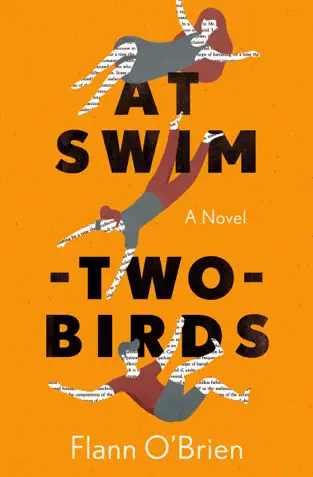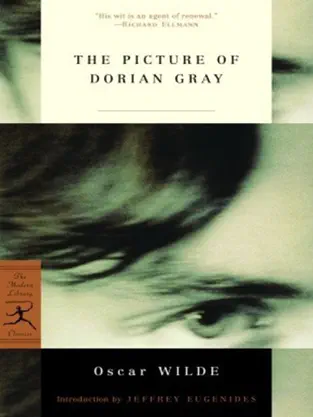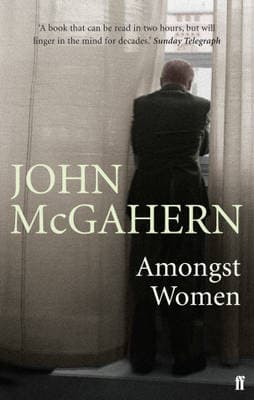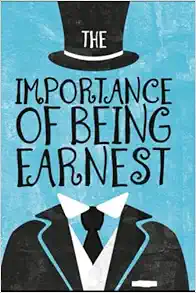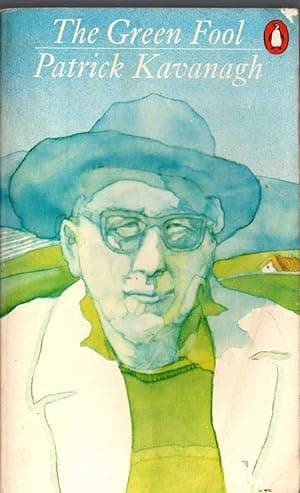Samuel Beckett (1906-1989) was an Irish playwright, novelist, and poet, renowned for his significant contributions to the modernist and absurdist movements in literature. Born in Dublin, Beckett studied at Trinity College, where he excelled in languages and philosophy. His early literary work was influenced by James Joyce, under whom he briefly worked in Paris. This connection significantly shaped his approach to literature.
Beckett's writing is marked by its minimalist style and exploration of existential despair. His work often portrays dislocated, tortured characters who struggle with meaninglessness and the absurdity of the human condition. In 1953, he achieved great acclaim with his play Waiting for Godot, which became a cornerstone of absurdist theatre. The play, featuring characters waiting for someone who never arrives, encapsulates Beckett's themes of existential angst and the human yearning for meaning.
Throughout the 1950s and 1960s, Beckett continued to write plays, including Endgame and Krapp's Last Tape, both of which further established his reputation as a leading figure in modernist literature. His novels, like Molloy and Malone Dies, are also significant, characterized by a stream of consciousness technique and a bleak, introspective outlook.
Beckett's works are noted for their stark, pared-down style, dark humor, and the philosophical depth with which they examine the human condition. In 1969, he was awarded the Nobel Prize in Literature for his enduring influence on contemporary writing. Beckett continued to write until his death, leaving a legacy as one of the 20th century's most influential and groundbreaking writers.
